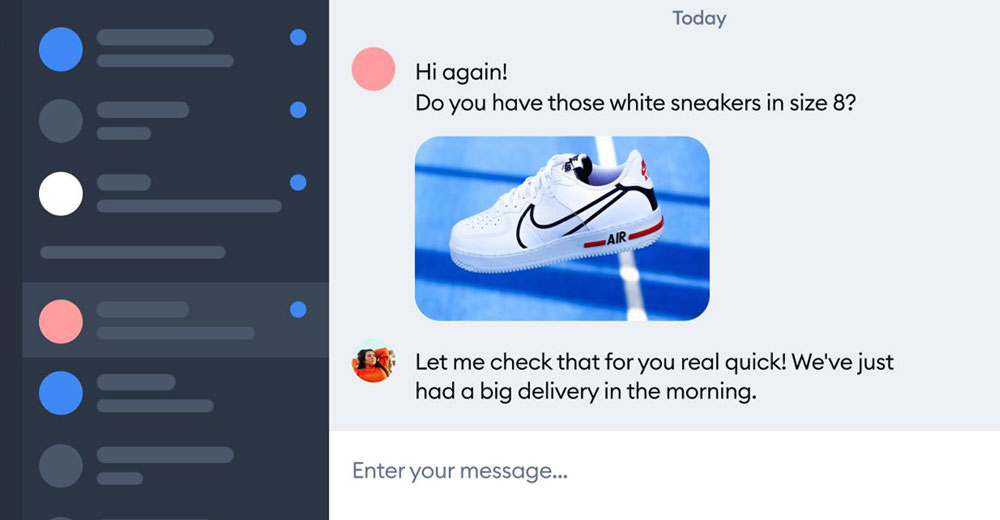
Life is never dull here in the world of technology, but some weeks it’s hard to remember that this is actually the real world, and not some epic tale of the battle between good and evil.
We’ve seen plenty of examples of good pulling ahead in the struggle in recent weeks, of course — the naming of our own Linus Torvalds as a laureate for the 2012 Millennium Technology Prize, for instance — but there’s never any shortage of dastardly deeds being committed, either.
Case in point? Windows RT’s apparent exclusion of any browser that’s not Microsoft’s own Internet Explorer.
‘A New Platform Lock-In’
“Windows on ARM prohibits any browser except for Internet Explorer from running in the privileged ‘Windows Classic’ environment,” explained Mozilla General Counsel Harvey Anderson in a blog post last Wednesday.
“In practice, this means that only Internet Explorer will be able to perform many of the advanced computing functions vital to modern browsers in terms of speed, stability, and security to which users have grown accustomed,” Anderson added. “Given that IE can run in Windows on ARM, there is no technical reason to conclude other browsers can’t do the same.”
In fact, “the prospect that the next generation of Windows on ARM devices would limit users to one browser is untenable and represents a first step toward a new platform lock-in,” he concluded. “We encourage Microsoft to remain firm on its user choice principles and reject the temptation to pursue a closed path. The world doesn’t need another closed proprietary environment.”
‘Microsoft Is Remaining Firm’
Did fans of FOSS sit up and take notice? You bet your DoJ sanctions they did — and so did Google, according to reports.
Down at the Linux blogosphere’s seedy Broken Windows Lounge, the conversation has been flowing just as freely as the tequila.
“Mozilla called on Microsoft to ‘remain firm on its user choice principles’?” began Hyperlogos [http://hyperlogos.org/] blogger Martin Espinoza. “Heh heh. Microsoft is remaining firm on its user choice principles.
“I can’t run Firefox Mobile on my rooted Nook Simple Touch, which I guess is Mozilla remaining firm on their user choice principles; old versions of Win32 are no longer supported,” Espinoza added.
‘M$ Is Back to its Evil Ways’
“Is this 2012?” wondered Google+ blogger Kevin O’Brien. “I wasn’t sure when I read this news item — it seems so 1999.
“‘Something is happening and you don’t know what it is, do you, Mr. Jones?'” O’Brien quipped. “Open will win in the end.”
Indeed, “M$ is back to its evil ways of blocking the applications interface to competitive technology, just as they did before US DOJ v M$,” blogger Robert Pogson suggested.
“The only innovation M$ commits is messing with competition,” Pogson added.
‘Anti-Competitive Behavior’
“It’s not surprising to see Microsoft pull this old trick out of their bag since it worked so well for them in the past,” mused Google+ blogger Linux Rants.
“Microsoft is working hard to leverage their desktop market share to push them into other markets like mobile and tablets,” Linux Rants pointed out.
“It can be argued that since Microsoft has almost no presence in the tablet market this isn’t anti-competitive behavior, but I don’t buy that,” he added. “Anti-competitive behavior is exactly what this is, and I hope to see the DoJ put a smack down on it before it can do any real damage to the market.”
‘It Doesn’t Matter Anyway’
Microsoft’s move is a bad one, agreed Chris Travers, a Slashdot blogger who works on the LedgerSMB project.
“If Windows tablets take off, then Microsoft is exposed to anti-trust issues,” Travers explained. “If not, it doesn’t matter anyway.
“Already Windows is coming to this party late, and Windows on the tablet may well face the same fate as Windows on the smartphone,” he added.
‘Another Product I Will Never Buy’
“It is as if someone at Microsoft is completely lacking in any sort of taste and is simply copying Apple feature for feature, no matter how insane Apple’s policy,” Slashdot blogger Gerhard Mack mused.
For that matter, “where was Mozilla when Apple was doing the same thing?” Slashdot blogger hairyfeet wondered. “I’d be frankly amazed if MSFT even gets 7 percent of mobile with WinRT because they are so far behind.”
In any case, “I just don’t get why Apple and Microsoft just can’t get this simple fact: If I pay for it then it is MY DEVICE, and I decide what software gets installed on it — not the manufacturer,” Mack added. “Thanks to this policy, Windows RT is now another product I will never buy.”
‘Windows RT Is Dead’
Barbara Hudson, a blogger on Slashdot who goes by “Tom” on the site, had her own theory as to Microsoft’s motivations.
“Now that we know that Microsoft tried to sell Bing to Facebook, maybe the reason that Microsoft wants to block other browsers is to help drive customers, via IE, to Microsoft’s online services,” she suggested. “Nothing else makes as much sense.”
Realistically, though, “who cares?” Hudson asked. “Windows RT is dead before it even gets out the door.
“Strike one: no support for existing x86 apps. Strike two: runs the kludgy combination of ‘Metro + standard desktop.’ Strike three: a dearth of new applications,” she explained.
‘The Tablet Equivalent of a Zune’
In short, “throw the bum out!” Hudson said.
“Any manufacturer who puts more than a token effort into making Windows RT devices risks getting Nokia Disease,” she added. “Any consumer who buys such a device is buying the tablet equivalent of a Zune. About the only upside is that nobody will walk off with it (unless you’re lucky).”
Bottom line? “Metro: Because ‘Windows Starter Edition’ isn’t crippled enough,” Hudson concluded.













































Can you please explain how this is any different to:
1) Apple not allowing FLASH on iPads ?
2) No Firefox for iPad ? Restrictions on Content/app types for iPad.
3) No Chrome for iPad ?
4) Google restricting API access to Youtube for Microsoft Phone 7 ?
Why is it that Apple and Google can do what they like, but everyone picks on Microsoft ?
Please explain ???
If you noticed that is EXACTLY what I pointed out, but for some reason many in the FOSS camp give Apple a free pass for things they attack MSFT for and to me that just makes them hypocrites.
I may not agree with RMS on…well anything but one thing I will give him credit for is consistency. He pointed out when Google was being controlling, when Apple was building walls, and when MSFT was doing wrong. Whether you agreed with him or not he never wavered or picked favorites. Frankly what too many have in the community is the "Anybody but Microsoft!" meme which they actually laugh at over on LinuxTMs.